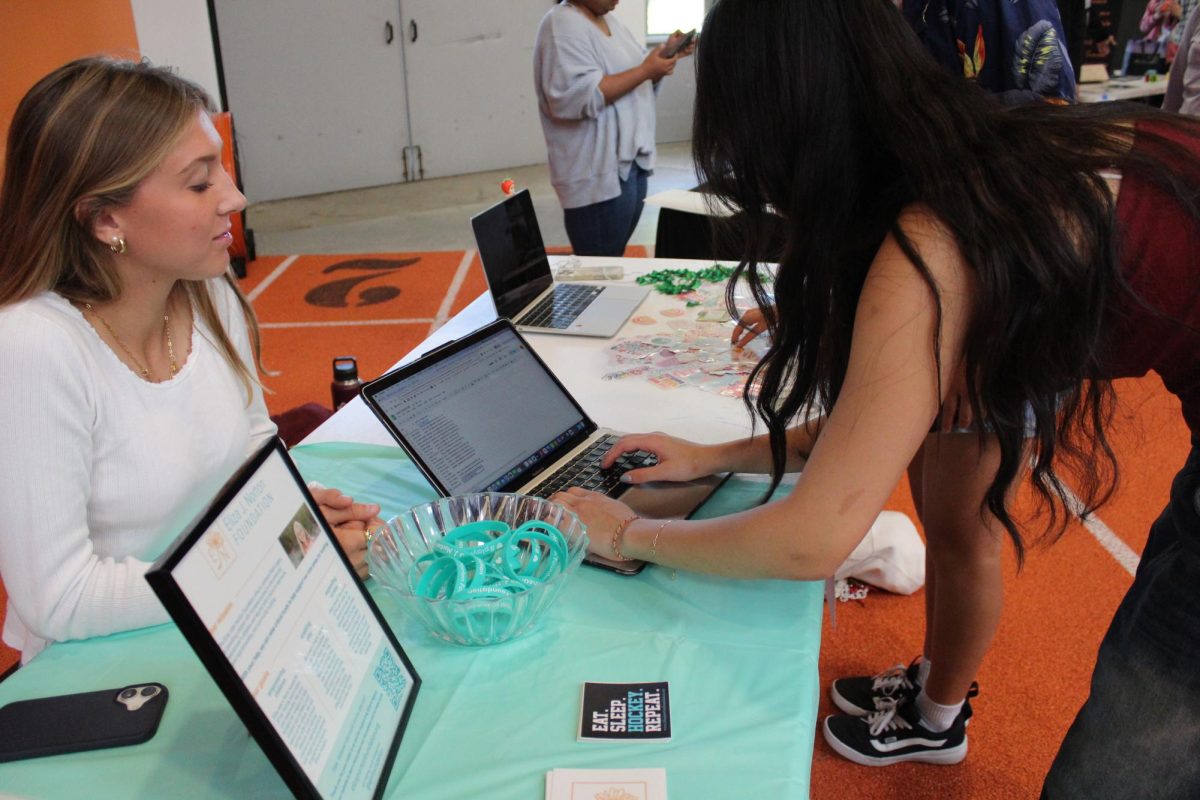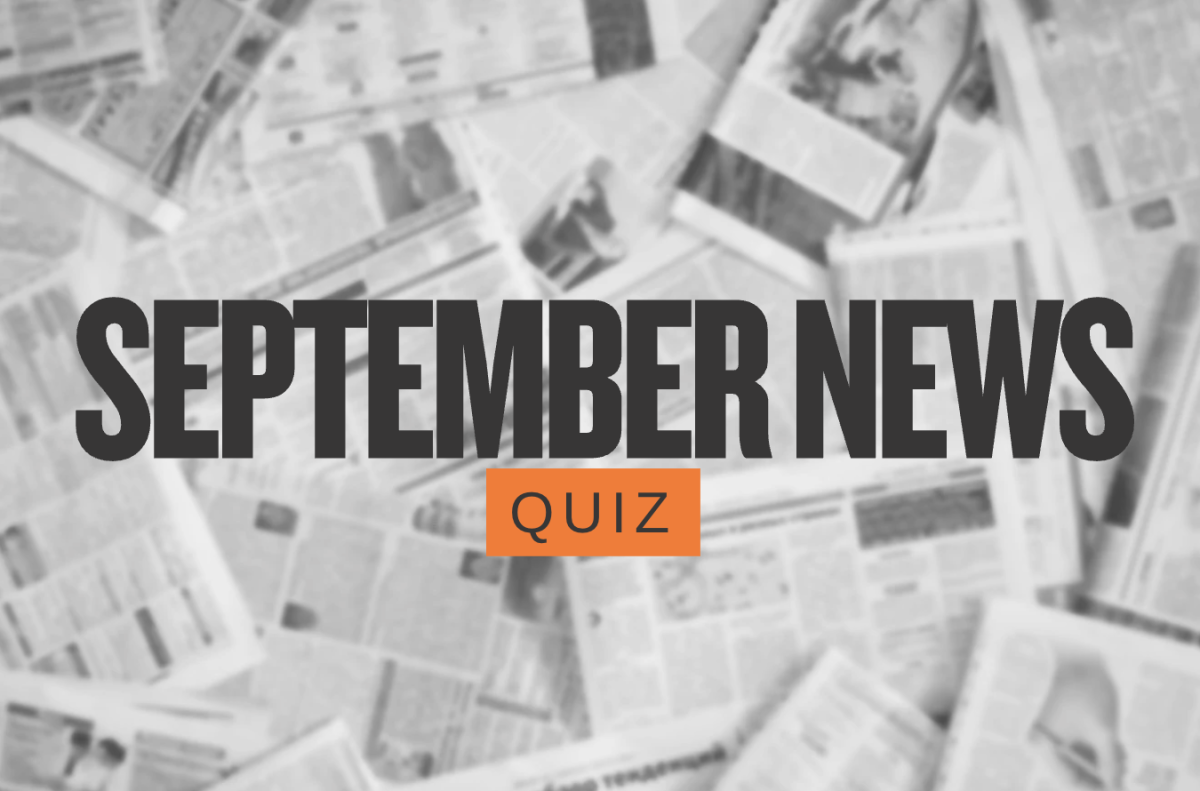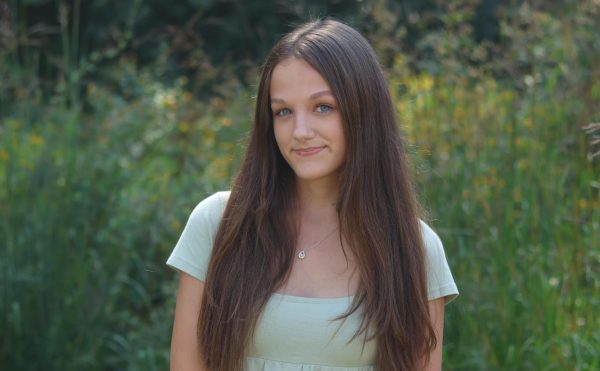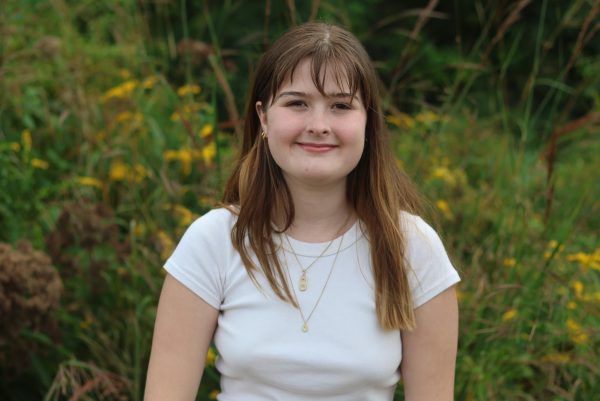On Tuesday, Nov. 14 at 8:50 a.m., the Wayland Police Department (WPD) received reports of antisemitic vandalism along Rice Road. After investigation, police officers found two large swastikas painted in separate places along the road.
The WPD called the Wayland Department of Public Works to cover the graffiti. Detectives are currently investigating this incident along with the Massachusetts State Police Fusion Center.
“There is no place for this kind of hatred and bigotry in our community,” Acting Police Chief Ed Burman said in a statement published by the Wayland Police Department. “Every resident deserves to live their life free of harassment and hatred, and we will do everything in our power to support our community.”
As of 2 p.m. on Nov. 14, the WPD is still investigating the incident and has been in contact with the Anti-Defamation League New England. The WPD encourages anyone with information to call the WPD directly at 508-358-4721 or call the anonymous tip line at 508-358-1726.
The WPD invites anyone interested to read a statement from the Wayland Human Rights, Diversity, Equity and Inclusion Committee about the conflict in the Middle East, and to reference the community resources available to them.
Acting Superintendent David Fleishman also shared a similar statement on Nov. 7 with Wayland Public Schools families about an antisemitic act that occurred at Wayland Middle School. According to Fleishman, students were making the “Heil Hitler” salute to each other in the hallways.
“When these types of incidents occur, it is critical that schools act swiftly when it comes to disciplinary action,” Fleishman wrote in his statement. “Additionally, all students need to understand that acts of hate and intolerance have no place at school. They are encouraged to report any type of discriminatory behavior to a trusted adult, which is exactly what transpired at WMS.”
Fleishman reported that all WMS students learned about antisemitism and the Holocaust on Friday, Nov. 3, and that he and WMS officials are looking into having an outside organization provide lessons on antisemitism and other forms of discrimination.
“It is inevitable that members of our community have different perspectives regarding what is transpiring in the Middle East,” Fleishman wrote. “Emotions are high and a number of people are experiencing pain and despair. During this tense time, it is incumbent upon us to ensure that both our Israeli and Jewish students and Muslim and Palestinian students feel a sense of belonging and safety at school and feel protected from any type of harassment or discrimination.”
This article is a developing story that is subject to updates.




































